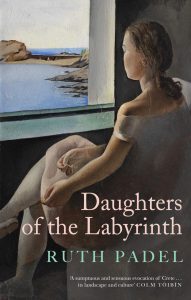
As part of the interview series Writers on Research, Joe Bedford speaks to KCL Professor of Poetry Ruth Padel about the research process behind her new book Daughters of the Labyrinth released on 1/7/21.
https://joebedford.co.uk/ruth-padel/


As part of the interview series Writers on Research, Joe Bedford speaks to KCL Professor of Poetry Ruth Padel about the research process behind her new book Daughters of the Labyrinth released on 1/7/21.
https://joebedford.co.uk/ruth-padel/
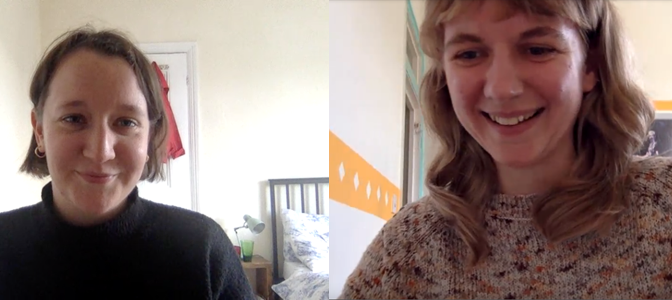
As their tenure draws to a close, Katie Arthur and Harriet Thompson reflect on their time working together as editors of the King’s English Blog.
HT: It’s funny looking back on the time when we took over as editors in January 2019; I get that strange simultaneous feeling of it being very recent, but also a quite a while ago. A lot has happened since then! We were both in our first year studying for a PhD in the English Department at King’s and it was an exciting opportunity to be able to curate and commission such a wide range of writing from staff and students. Over two years later, I still have quite a lot of writing to do before I submit my PhD thesis. But having the blog to focus on alongside everything else has been a really nice (and productive) distraction. I didn’t imagine that we’d be spending practically a whole year inside, running the blog from our bedrooms on opposite sides of London. I think the last time we saw each other in person was in January 2020? That is so weird! I do miss the community and energy that comes with working inside the university buildings.
KA: Two years ago! I know what you mean about that odd simultaneous feeling of temporal contraction and dilation – I feel like there must be a word for it somewhere, in some language. Perhaps we should commission a blog on it! The blog has certainly been an anchor, both pre-Covid and now. Working with the department to publish publicly is really exciting, it has definitely helped me engage with the work happening here at King’s in a more thorough and thoughtful way than I might otherwise have given myself time to do. Though it was more fun conducted in the physical presence of the department as you say and it is a shame to have lost the sense of community that so often is linked to space. The blog also serves as a space of connection for the department. You did a wonderful round-up of all the work we had shared around the new year that received a very touching response from the department. Do you think that the functions of the blog have changed as our needs have moved online in the pandemic? It has always been interesting that the blog reaches out to and beyond the department but, perhaps now more than ever, it is also a meeting point of sorts when we cannot do in person.
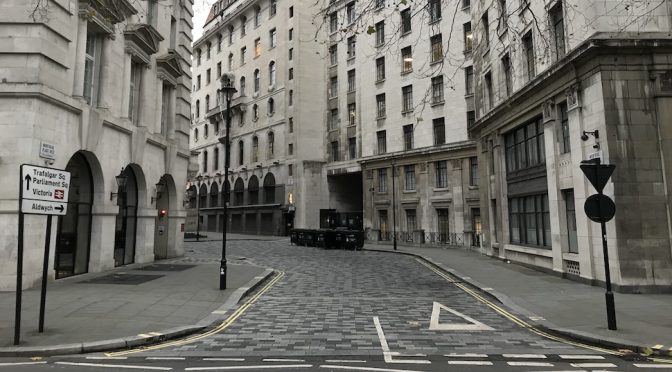
– TRACY SEELEY
There is perhaps no greater comfort nor reward granted by reading than resonance. It is an indescribable liberation to have our feelings corroborated; to sift through the works of writers centuries past and happen upon an unassuming strand of words that instantly articulates the inarticulable, that echoes an acute emotion lying dormant within. These discoveries serve as whispers through time, as a consoling hand-squeeze in the ether. In my first year studying on the Strand, Virginia Woolf’s 1930 essay Street Haunting: A London Adventure offered me this solace.
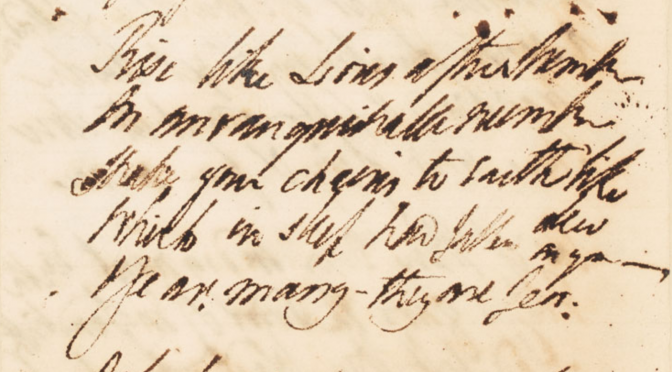
by Ruth Padel, Professor of Poetry. Emerald, published by Chatto & Windus, is her 11th poetry collection.
“Never be afraid of saying you like poetry,” Jeremy Corbyn told thousands of people at Glastonbury in 2017, after reciting the end of Percy Bysshe Shelley’s ‘The Masque of Anarchy‘:
“Rise like lions after slumber … / Shake your chains to earth like dew … / Ye are many, they are few”.
Shelley wrote that poem – an apocalyptic vision of Britain’s destructive, corrupt, hypocritical rulers – after the Peterloo massacre in 1819, when the cavalry charged a peaceful crowd listening to speeches on parliamentary reform. Fifteen people died. “I met Murder on the way/ He had a mask like Castlereagh/ Very smooth he looked, yet grim;/ Seven blood-hounds followed him”.
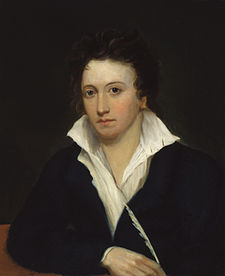
In the following stanzas, the foreign secretary, prime minister and lord chancellor of the day accompany Lord Castlereagh, the leader of the House of Commons, through the groaning land, along with Anarchy, Shelley’s name for capitalism. The procession is stopped by a young woman called Hope (who “looked more like Despair”), who lay down in front of the horses.
I learned about Corbyn’s endorsement of poetry in discussion with Shami Chakrabarti in a “poetry and human rights” event at King’s College London, part of a series that highlights poetry’s conversation with all aspects of life, public or private, political or scientific.

by James Rakoczi, PhD researcher, Department of English
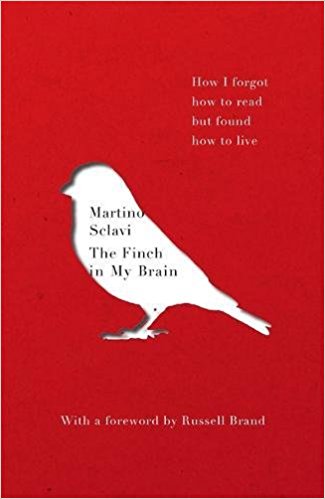
Reading Martino Sclavi’s The Finch in My Brain (Hodder & Stoughton, 2017) took longer than expected. I found myself slowing down, re-reading passages, trying to work out how the text relates to itself, to its images, and to the people in Sclavi’s life.
My copy of the text is now defaced by marginalia, doodled over in an inky green.
Page 308, for example, tells me to re-read p. 215. I turn that page, and p. 216 directs me to p. 268, and so on. My copy has gone a bit rhizome: an ecology of self-citation…
In early 2011, living in LA, Italian film producer Martino Sclavi was experiencing bad headaches. He thought it was the coffee, or the stresses of script-writing to deadline. In fact, it was a grade 4 glioblastoma – an extremely severe brain tumour. During a script-reading, Sclavi became increasingly delirious. Driven to a hospital by a friend, Sclavi recalls how his friend’s words ‘stopped having a meaning for me… just sound with no information. A rhythm with no shape’ (p. 43). This loss of ‘meaning’ but retention of ‘shape’ characterised not only Sclavi’s immediate crisis but presaged the direction his life would take.